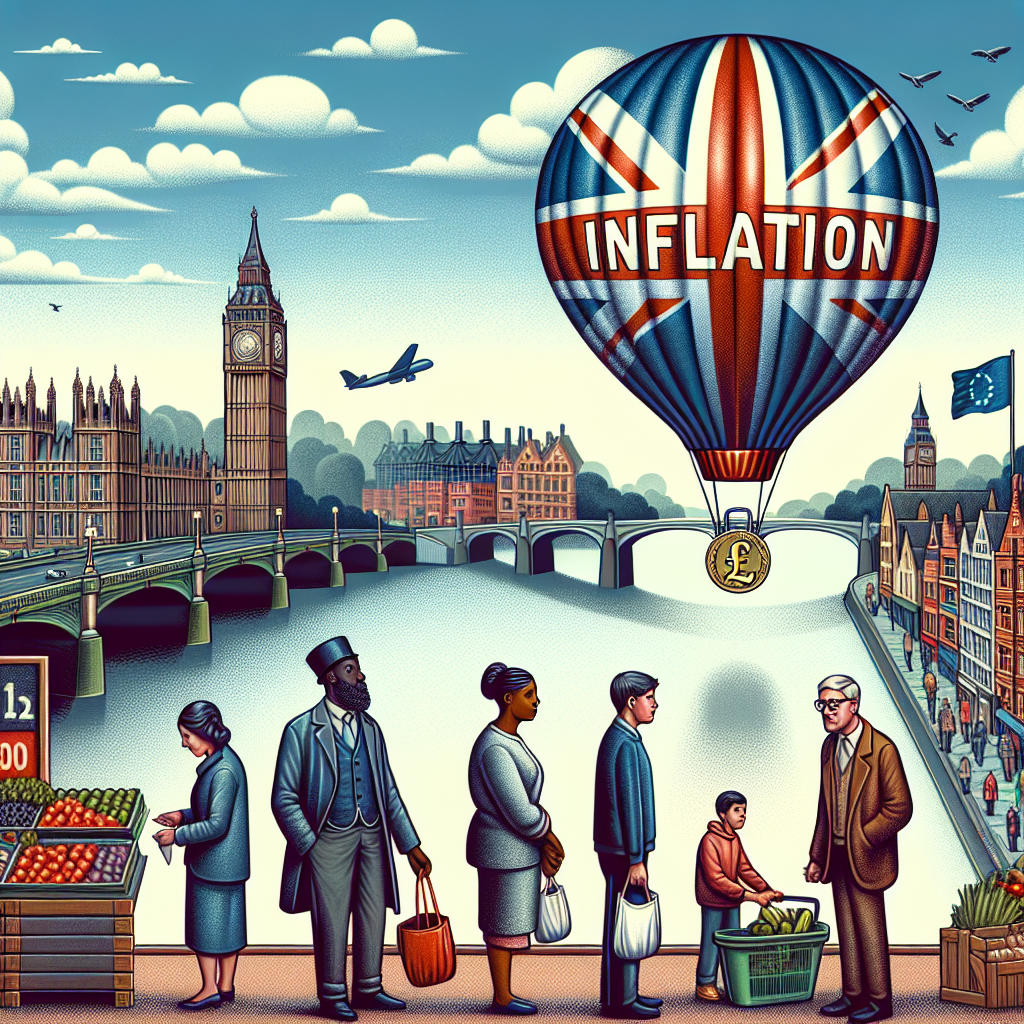ECB Faces Pressure to Cut Rates Amid Easing Inflation
Inflation has decreased more than anticipated in key euro zone economies, notably France and Spain. This development, along with a cooling German labor market, bolsters arguments for the European Central Bank (ECB) to reduce borrowing costs further. Consumers' lowered price growth expectations and recent disappointing economic data add to this pressure.

Inflation has decreased more than anticipated in two of the euro zone's biggest economies, France and Spain, and Germany's job market has continued to cool this month. This trend strengthens the case for the European Central Bank (ECB) to cut borrowing costs again next month.
The euro zone economy has narrowly avoided recession for much of the year, with price pressures easing more than expected recently. This has fueled arguments that the ECB is behind in supporting the struggling economy. However, the ECB contends that high wage growth and services inflation remain problematic. Friday's lower-than-predicted inflation figures in France and Spain challenge that stance.
In September, French inflation slowed to 1.5% from 2.2%, and Spanish inflation eased to 1.7% from 2.4%. Both figures undershot expectations, driven by slower services price growth and falling energy prices. Additionally, data showed consumers' price growth expectations for the next 12 months fell to their lowest level since September 2021. This, combined with a key euro zone sentiment indicator dropping more than expected, paints a gloomy picture on growth and suggests euro zone inflation could dip below the ECB's 2% target this month, increasing bets on further rate cuts.
(With inputs from agencies.)
- READ MORE ON:
- ECB
- inflation
- euro zone
- rate cut
- France
- Spain
- German jobs
- economy
- price pressures
- monetary policy
ALSO READ
Euro Zone Bond Yields Drop Amid Inflation Data from France and Spain
Hezbollah Leader Reportedly Dead: France's Foreign Ministry Confirms
Pranavi Urs and Tvesa Malik Miss Cut at Lacoste Ladies Open de France
Barnier Unveils Austerity Measures Amidst Political Turmoil in France
Trailblazing Transgender Soccer Team Breaks New Ground in Spain










